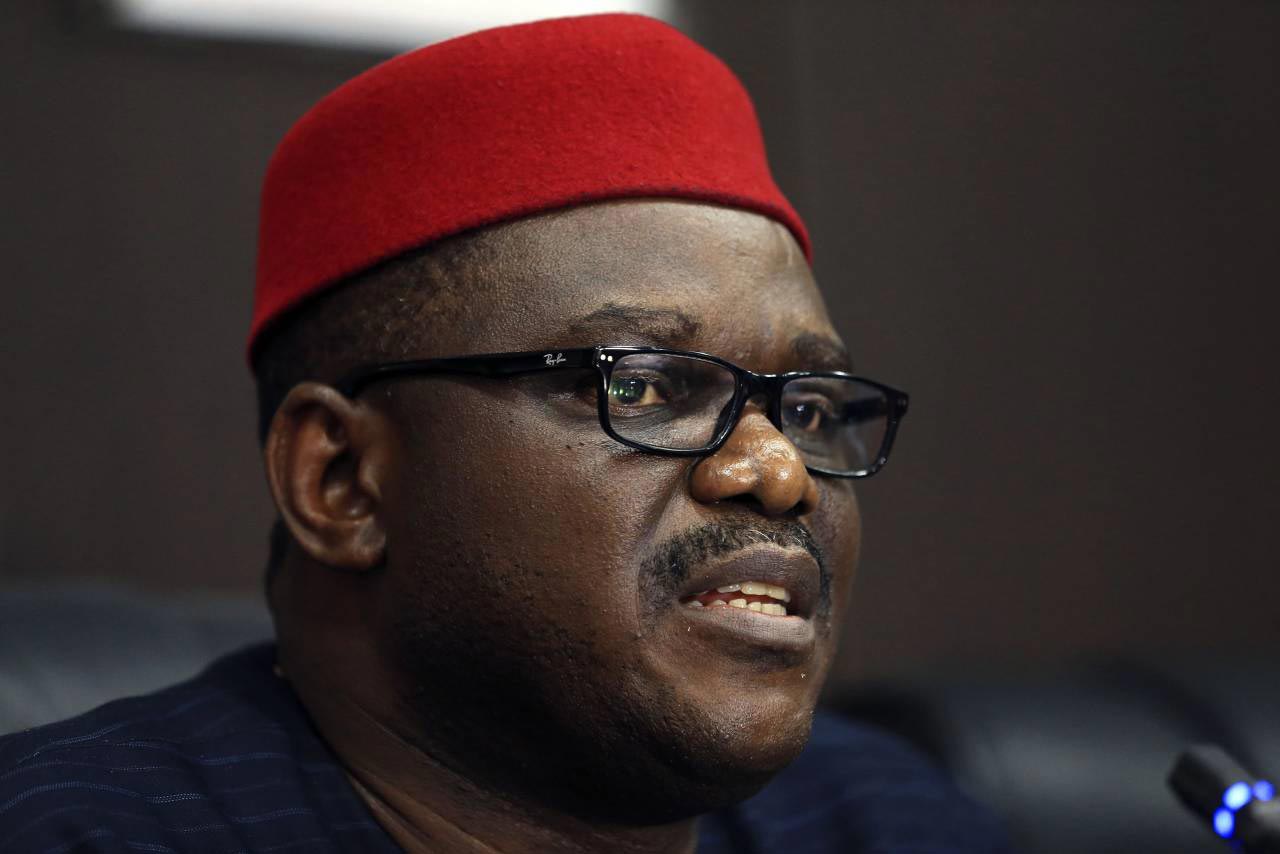AFP – Nigeria has cleared all patients being monitored for the Ebola virus, the federal health ministry said on Wednesday, September 24, 2014 but doctors said they would have to wait to declare the outbreak over.
“There is nobody under surveillance for the Ebola virus in any part of Nigeria,” health ministry spokesman Dan Nwomeh told AFP.
“All those under surveillance have completed their mandatory 21-day period stipulated by the WHO (World Health Organization).”
Eight people have died out of 20 confirmed cases in Nigeria since July, according to WHO, although the Nigerian government gave a lower figure of seven deaths in 19 cases.
In all 529 people were placed under medical surveillance for signs of the disease in the commercial capital Lagos and the oil-producing Rivers State.
Four of those who died were healthcare workers who treated Liberian government official, Patrick Sawyer, who brought the virus into the country from Monrovia.
The head of the Emergency Operation Centre (EOC) for Ebola in Lagos, Faisal Shuaib, also confirmed that there were no current confirmed cases or anyone under surveillance in Nigeria.
“As of today (Wednesday, September 24, 2014), there is no case of Ebola in Nigeria. All listed contacts who were under surveillance have been followed up for 21 days,” he said in an e-mail exchange.
But he added: “The outbreak in Nigeria can be declared officially over only if there are no more cases after 42 days, or two incubation periods from the last confirmed case.”.
Nigeria has not reported any new cases since Monday, September 8, 2014 the WHO said. If there are no further cases, Nigeria could be declared Ebola-free on Monday, October 20, 2014.
The EOC comprises staff from the WHO, the US Centers for Disease Control and Prevention (CDC), Medecins Sans Frontiers and the UN children’s agency working under the Nigerian government.
The development came after the WHO said on Monday, September 22, 2014 that Ebola was “pretty much contained” in Nigeria and Senegal, which recorded one confirmed case of the disease.
Elsewhere in west Africa, the situation remains dire, with nearly 3,000 dead, most of them in Liberia, Sierra Leone and Guinea.
The WHO has warned that the number of cases could explode while the CDC said 1.4 million people could be infected by January 2015.







